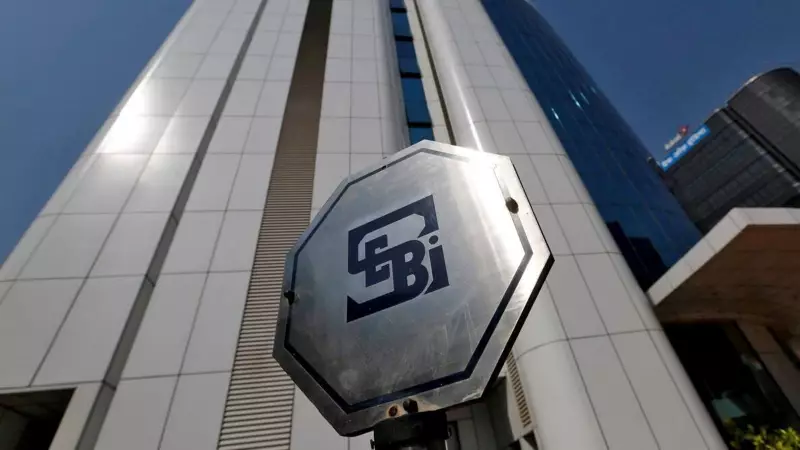
SEBI's Groundbreaking Proposal to Reform IPO Regulations
The Securities and Exchange Board of India (SEBI) has taken a significant step toward reforming initial public offering (IPO) regulations by proposing substantial relaxations in pre-IPO lock-in requirements for pledged shares. In a consultation paper released on Thursday, November 14, 2025, the market regulator outlined an enabling framework that could transform how non-promoter shareholders manage their pledged securities during public offerings.
Addressing Longstanding Challenges in IPO Process
The current regulatory framework under Issue of Capital and Disclosure Requirements (ICDR) mandates that all pre-issue capital held by persons other than promoters must remain locked-in for six months from the date of allotment in the IPO. However, this system faces practical challenges since existing depository mechanisms don't permit lock-in of certain categories of shares, particularly those under pledge arrangements.
This discrepancy has created significant hurdles for companies planning to go public, as they struggle to comply with lock-in requirements while accommodating shareholders who have pledged their shares. The proposed framework aims to resolve this conflict by introducing appropriate provisions in ICDR Regulations and requiring specific clauses in the issuer's Articles of Association (AoA).
Comprehensive Framework for Pledged Shares
SEBI's proposed solution involves a multi-pronged approach that includes mandatory intimation requirements to concerned lenders and pledgees. The regulator emphasized that this framework will enhance ease of doing business while simultaneously safeguarding lender interests, creating a balanced ecosystem that benefits all stakeholders in the public issue process.
The consultation paper clearly states that the new system will specifically address shares held by persons other than promoters, excluding certain specified categories of shareholders who already enjoy different treatment under existing regulations.
Simplifying Documentation for Retail Investors
In a parallel move aimed at boosting retail participation, SEBI has proposed significant changes to IPO documentation requirements. Recognizing that voluminous and complex offer documents often deter individual investors, the regulator suggested replacing the abridged prospectus with a more focused and concise document summary.
SEBI noted that the current documentation complexity makes it difficult for retail investors to effectively analyze offer documents and gather relevant information for informed decision-making. This lack of engagement potentially reduces participation in the IPO process, including providing comments on disclosures during the review period.
The proposed rationalization includes making the offer document summary available separately from the main offer document, thereby increasing accessibility and comprehension for retail investors. With the availability of this streamlined summary, the requirement to prepare an abridged prospectus would be eliminated, rationalizing documentation requirements and streamlining the public issue process.
Expected Impact on Market Participants
These proposed changes represent SEBI's continued commitment to modernizing India's capital markets while balancing regulatory oversight with business facilitation. The dual approach of addressing technical lock-in challenges while improving investor accessibility demonstrates the regulator's comprehensive understanding of market dynamics.
For companies planning IPOs, these reforms could significantly reduce compliance burdens and operational challenges. For retail investors, the simplified documentation promises greater transparency and easier access to essential information needed for investment decisions.
The consultation paper marks another milestone in SEBI's ongoing efforts to create a more inclusive, efficient, and transparent capital market ecosystem in India. Market participants and stakeholders have been invited to provide their feedback on these proposals before final regulations are implemented.





